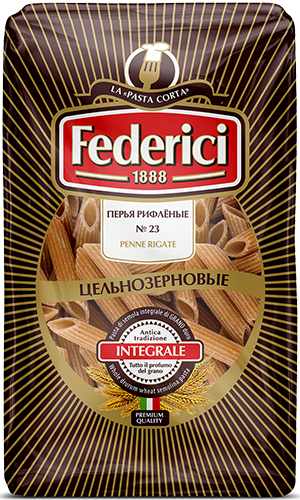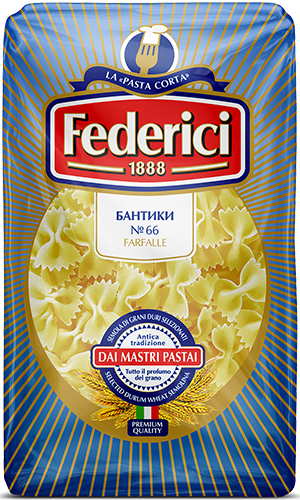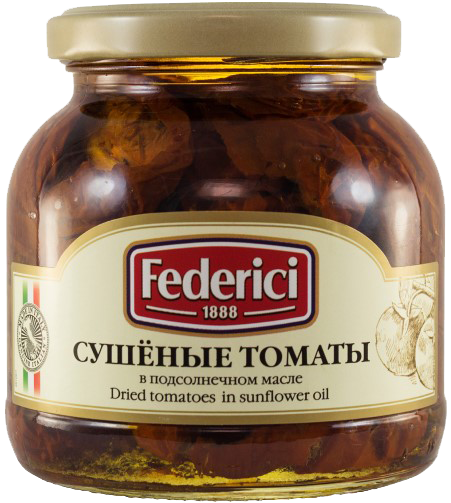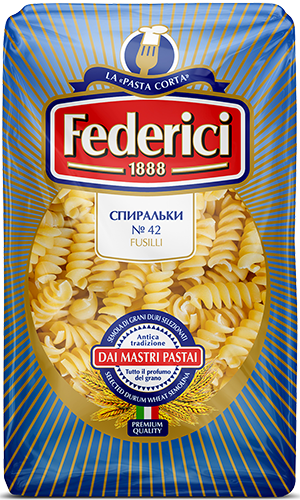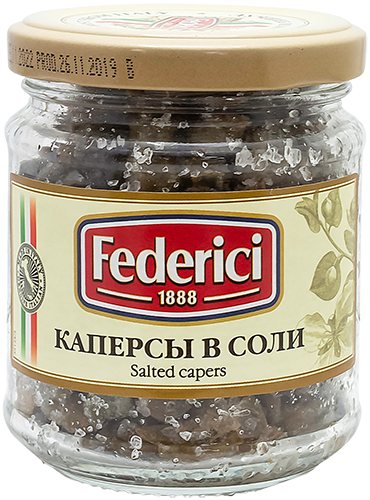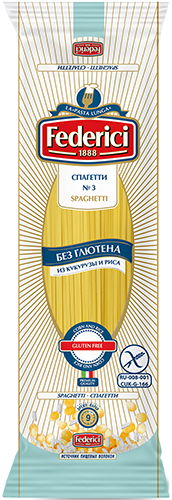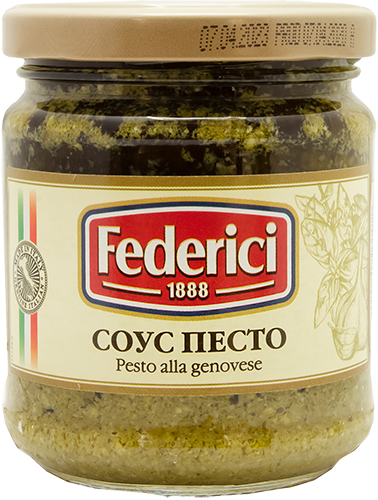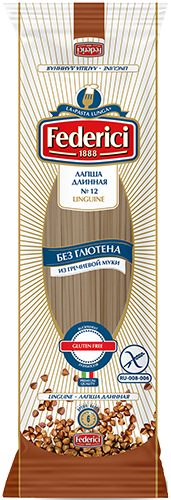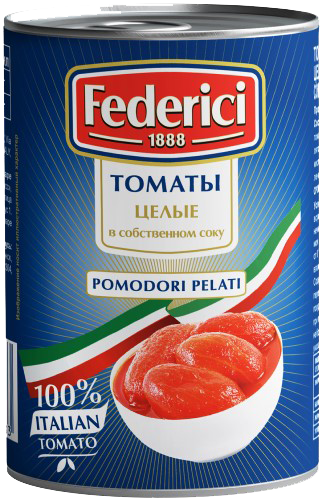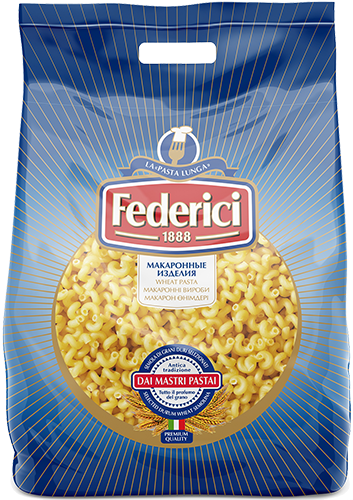


Having a pantry stocked with canned goods can be a useful solution if you’re looking for ingredients for dinner and don’t have time to run to the store. Tomatoes, green beans, cucumbers—these non-perishable items, canned, make delicious and healthy meals. They’re affordable and highly nutritious.
But if you peek into your pantry and discover last year’s homemade jam or several commercially available jars of vegetables past their expiration date, a natural question immediately arises: how long do canned goods last, and is it really safe to eat them after the expiration date printed on the package? We’ll try to provide answers so you can feel comfortable heading to the pantry for a jar of canned vegetables or fruits.
How Long Do Canned Goods Last?
If canned goods are stored in appropriate conditions (a cool, dry place, away from extreme temperatures), the shelf life of these products can be quite long. According to experts, shelf-stable foods can be consumed indefinitely if the cans are free of rust, bulges, and large dents. Such defects indicate the possibility of contamination with bacteria that cause botulism.
However, if canned foods are stored for too long, no one can guarantee that the texture and taste of the product will be the same as when purchased or prepared at home. Several factors can shorten the shelf life of canned foods. The main one is the acid content. For example:
- More acidic foods (tomatoes, pickles, juices, grapefruit, pineapple, apples, peaches, pears, plums, and all berries) will spoil faster. These foods can be stored in cans for 12 to 18 months, and after opening, should be refrigerated for no more than 5-7 days;
- Low-acid canned foods (pasta, meat, vegetable soups, corn, carrots, spinach, beans, beets, peas, pumpkin) will have a longer shelf life. The shelf life of such canned goods is 2-5 years, plus 3-4 days in the refrigerator after opening.
This information on the shelf life and storage conditions of canned foods will save you from risking your health by eating expired food or replacing all the canned goods stored on the balcony for a year.
What does an expiration date mean?
Over time, canned goods lose their original flavor, and fruits and vegetables may change texture, becoming less crisp and appetizing. Even high-quality canned goods can lose nutritional value over time, losing vitamins and nutrients. Therefore, to achieve the best quality, it is recommended to consume different types of canned goods within a certain expiration date. When specifying the expiration dates and storage methods for canned goods, manufacturers are guided not only by the safety of the product but also by its quality.
While expired canned goods may have suboptimal flavor, consuming them poses no real health risk as long as they remain sterile. Just make sure you don’t buy bulging, rusty, leaking, or dented cans, and always store canned goods in a cool, dry place. It’s not recommended to store canned goods in areas subject to temperature fluctuations, such as under the sink, over the stove, in an unheated, damp garage, or in a damp basement. For storing canned goods indoors, it’s best to set up a small, dry pantry with limited sunlight and a stable room temperature.
How long do homemade canned goods last?
If you can food at home, keep in mind that they can last up to a year on the shelf. Therefore, the quantity you can can should be adjusted to your family’s appetite. Before opening a jar and consuming its contents, be sure to inspect the product for signs of spoilage, such as a bulging lid, mold, or changes in color or odor. It’s also important to follow the rule: open home-canned food should not be stored in the refrigerator for more than 3-4 days.
Our products
Мы стремимся предложить Вам наилучший сервис при работе с нашим сайтом. Для этого мы собираем и храним информацию о Вашем посещении сайта. Так называемые cookies. Файлы cookies не собирают и не хранят никакую личную информацию о Вас. Используя этот сайт, Вы даете согласие на использование cookies. На данном этапе Вы можете отказаться от использования cookies, настроив необходимые параметры в своем браузере.
